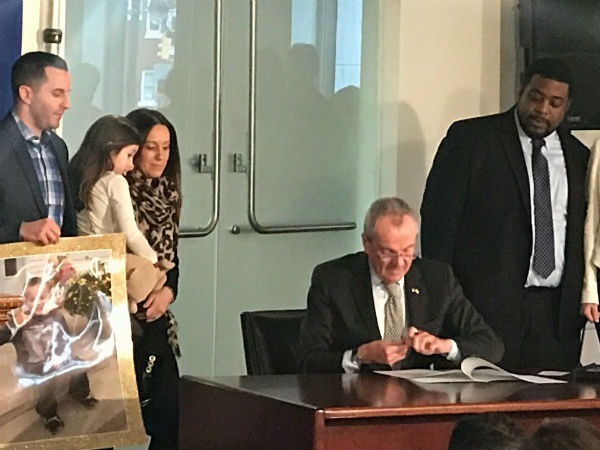The passage of the 2018 Farm Bill has led to the proliferation of unregulated hemp-synthesized intoxicants (“HSIs”) flooding the market nationwide. Gas stations, convenience stores, and other retailers are widely selling these unregulated and untaxed products.
The boom in HSIs, particularly Delta-8 THC, is a direct result of an entirely unregulated market with virtually no federal oversight aside from occasional FDA warning letters when products resemble candy and snacks favored by children. Most recently, one troubling report suggests testing labs are finding that the processes for converting CBD extracted from legal hemp into intoxicating Delta-8 and Delta-9 products create a soup of mysterious compounds whose effects and dangers are presently unknown.
In response, many state legislatures are considering bills to ban or regulate intoxicating hemp products.
Senate Bill 3235 was introduced in May 2024 with the intent to grant the New Jersey Cannabis Regulatory Commission (“CRC”) broad authority to regulate the production and sale of intoxicating hemp products in New Jersey, to limit sales of intoxicating hemp products to licensed cannabis retailers and sales of intoxicating hemp beverages to certain liquor licensees approved by the CRC, and to allow municipalities to impose the same 2% tax on retail sales they apply to regulated cannabis. On June 28, 2024, the New Jersey Legislature quickly approved it and a crush of other legislation on the eve of the state’s budget deadline.
In the original draft of the bill, intoxicating hemp product meant any product “cultivated, derived, or manufactured from hemp . . . that is sold in this State that has a concentration of total THC greater than .5 milligrams per serving or 2.5 milligrams per package.” This broad definition encompassed all intoxicating hemp products sold in New Jersey, regardless of the state of origin,
But after being passed out of committee and ready for a full Senate vote, the bill was sent back to committee and amended to limit its reach to only intoxicating hemp products “cultivated, derived, or manufactured in this State[.]” By limiting the bill’s reach to only the small universe of hemp products cultivated, derived, or manufactured in New Jersey, intoxicating hemp products originating or imported from other states will remain on the market and not subject to the bill’s restrictions or any current or future regulation.
This language was likely added to address interstate commerce concerns. But the Dormant Commerce Clause of the U.S. Constitution does not prohibit states from regulating out of state companies that sell hemp products into their state; it only prohibits discriminatory treatment of out of state operators compared to in state businesses. As long as they are subject to the same rules, the state may regulate the sale and taxation of out of state products like any other industry.
The IHP bill is currently on Governor Murphy’s desk awaiting action: sign, veto or conditionally veto. If he takes no action by mid-August, it becomes law.
Industry, social equity and union advocates alike are urging a conditional veto sending S3235 back to the Legislature to restore the bill’s reach to include all intoxicating hemp products sold in the state. Others object to liquor licensees jumping to the front of the line and being allowed to sell intoxicating hemp beverages just as social equity cannabis retailers are finally opening their doors after years of effort and expense. Unions organizing the cannabis industry that have fought hard to create good jobs in a viable industry likewise seem irked by this end run around union mandates that is likely to cost members their jobs.
The last minute amendment appears to undermine the express purpose of the bill. If enacted in current form, it will likely result in New Jersey companies exclusively purchasing and selling intoxicating hemp products produced out of state to avoid the time and expense of licensure, CRC approval, and taxation.
A well-intentioned law quickly passed to address a growing problem, the cannabis and hemp industries anxiously await Governor Murphy’s action.

